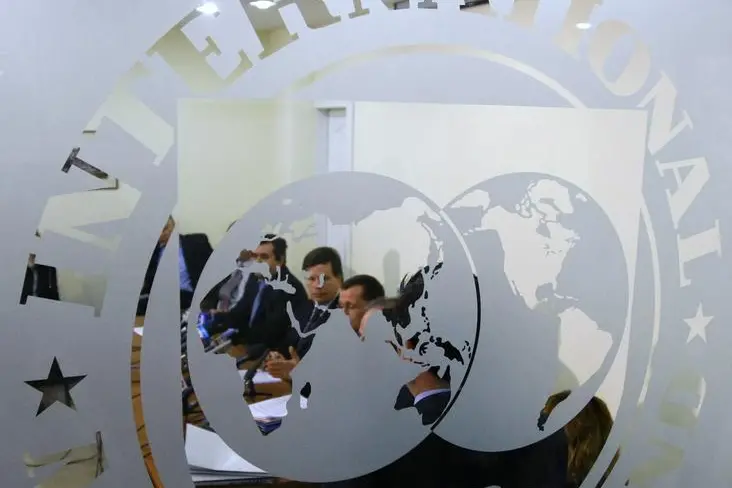PHOTO
RABAT, Dec 1 (Reuters) - The Moroccan dirham will not plummet once authorities introduce a flexible exchange rate system, the International Monetary Fund (IMF) said on Thursday.
Morocco, the region's biggest energy importer, has been working with a technical mission from the IMF this year on liberalising its currency regime as the drop in global oil prices has helped strengthen its finances.
"We think that the dirham is at a balanced level ... it is never an exact science, but we do not see a major deviation (after the reform)," said Nicholas Blancher, head of mission for Morocco in the IMF's Middle East and Central Asia Department.
"The reform will be gradual ... and we do not predict volatility as all the conditions to manage a smooth transition are here," he told reporters in the Moroccan capital Rabat after the end of the lender's staff visit to Morocco.
Blancher said the North African kingdom's foreign exchange reserves are significant and authorities have timed well the start of the reform as public finances have been improving.
Morocco's foreign exchange reserves stood at more than 251 billion dirhams ($25.25 billion) at the end of October, covering more than seven months of imports. The central bank has said it expects that to rise to eight months by the end of 2017.
The dirham's exchange rate is currently fixed by a peg that is 60 percent weighted to the euro and 40 percent to the dollar. The central bank is planning to ease the peg and allow the currency to trade within a narrow range.
That trading band would be gradually widened with a view to fully removing the peg in a few years, depending on the market response.
Along with currency liberalisation, the central bank also hopes to adopt a policy of inflation targeting.
Morocco has already done more than other North African countries to adopt the economic reforms required by international lenders, curbing its deficit, ending fuel subsidies and freezing public sector hiring.
(Reporting By Aziz El Yaakoubi; Editing by Tom Heneghan) ((aziz.elyaakoubi@thomsonreuters.com; +212623934595)(;))
Morocco, the region's biggest energy importer, has been working with a technical mission from the IMF this year on liberalising its currency regime as the drop in global oil prices has helped strengthen its finances.
"We think that the dirham is at a balanced level ... it is never an exact science, but we do not see a major deviation (after the reform)," said Nicholas Blancher, head of mission for Morocco in the IMF's Middle East and Central Asia Department.
"The reform will be gradual ... and we do not predict volatility as all the conditions to manage a smooth transition are here," he told reporters in the Moroccan capital Rabat after the end of the lender's staff visit to Morocco.
Blancher said the North African kingdom's foreign exchange reserves are significant and authorities have timed well the start of the reform as public finances have been improving.
Morocco's foreign exchange reserves stood at more than 251 billion dirhams ($25.25 billion) at the end of October, covering more than seven months of imports. The central bank has said it expects that to rise to eight months by the end of 2017.
The dirham's exchange rate is currently fixed by a peg that is 60 percent weighted to the euro and 40 percent to the dollar. The central bank is planning to ease the peg and allow the currency to trade within a narrow range.
That trading band would be gradually widened with a view to fully removing the peg in a few years, depending on the market response.
Along with currency liberalisation, the central bank also hopes to adopt a policy of inflation targeting.
Morocco has already done more than other North African countries to adopt the economic reforms required by international lenders, curbing its deficit, ending fuel subsidies and freezing public sector hiring.
(Reporting By Aziz El Yaakoubi; Editing by Tom Heneghan) ((aziz.elyaakoubi@thomsonreuters.com; +212623934595)(;))





















